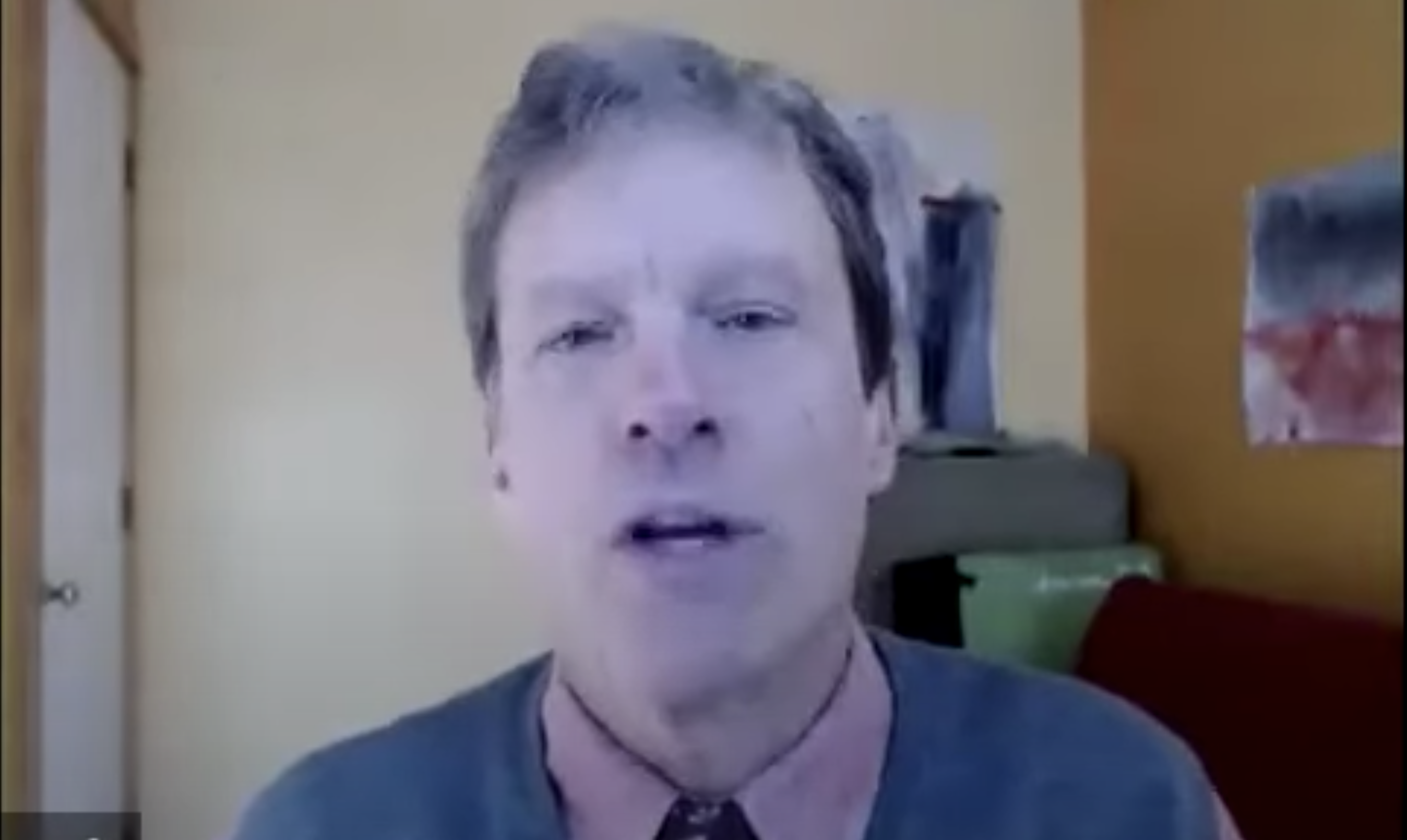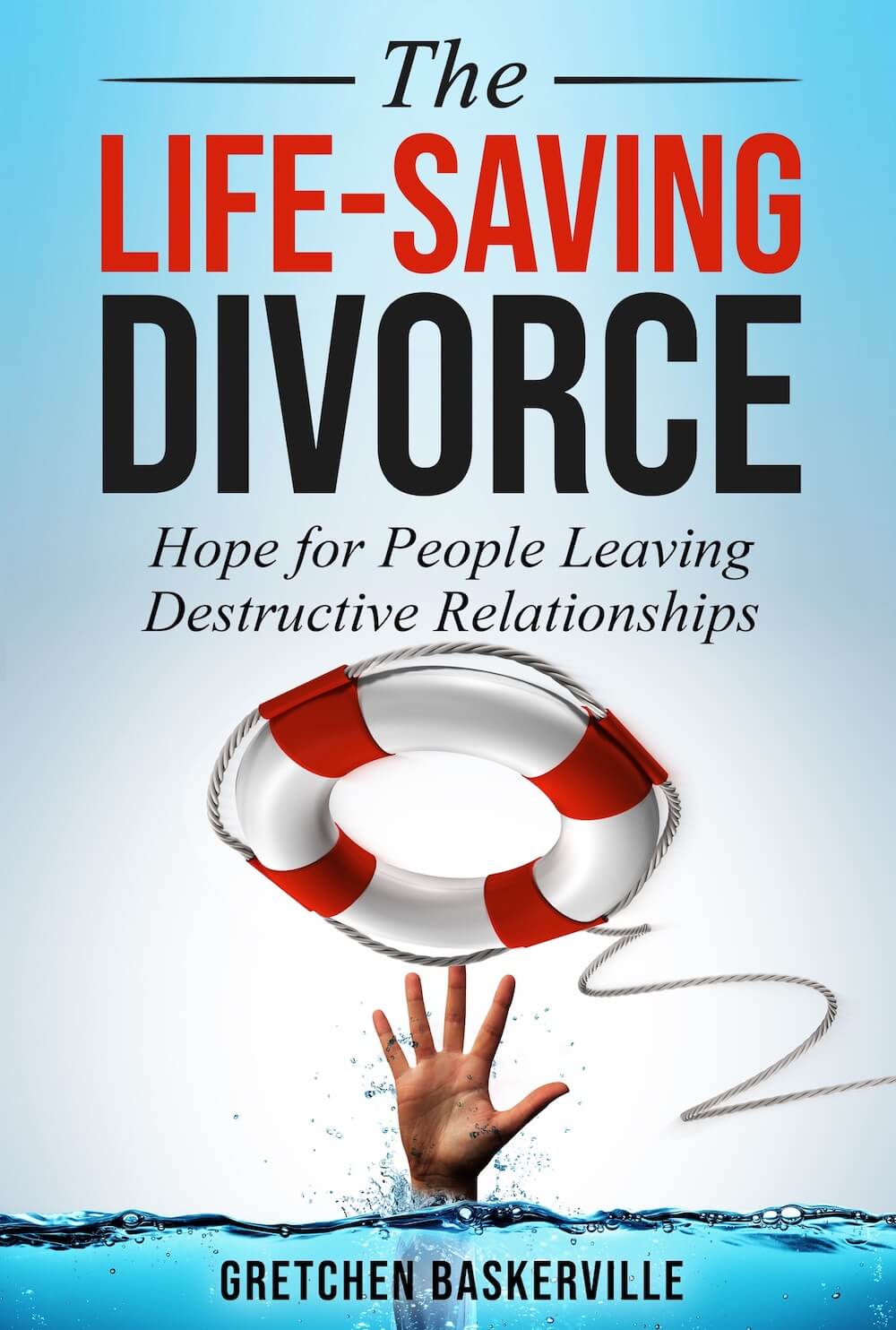Lundy Bancroft is one of the best authors and speakers on the topic of abusive men in romantic relationships and how to know if they’ve changed. In this video, created and published by relationship coach Sarah K. Ramsey (who has an excellent YouTube channel for women healing from toxic relationship), he talks about abusive men, steps an abuser must take to change, how to know if there’s been real change (HERE and HERE), talking to your children about abuse, the domestic violence trends, the increasing problems with the family law custody court system, and how women can heal without the expense of professional counseling. He also discusses the new book he’s working on! (Here’s my interview with Lundy on that book, In Custody.)
BEST INSIGHTS (with You Tube Video Time Stamps) are below.

KEY INSIGHTS (with You Tube Video LINK below AND Time Stamps)
00:31 – Lundy Bancroft’s new book: The Joyous Recovery Also his book, When Dad Hurts Mom. #AD
01:05 – Another new Lundy Bancroft book: Daily Wisdom From Why Does He Do That 365 daily readings from his classic book Why Does He Do That?, and Should I Stay or Should I Go? (on relationships with substance abusers). #AD
02:50 – What are the chances an abuser changes? Lundy’s surgery analogy: All of the success or failure rests on the abuser, not on the victim. (In the operating room, the success or failure rests on the surgeon, not of the patient.)
03:18 – The the great majority of abusers are actually capable of doing the work. The only ones who literally couldn’t do the work are those who are severely drug and alcohol involved or severely personality disorder.
03:42 -“The rest could do the work. But they don’t. And so the issue isn’t that the program doesn’t work, or that they’re in the wrong service or some other counselor isn’t doing it right issue is, they’re not willing to do the work.”
05:30 – List of required steps to change.
06:25 – It’s easy to tell if someone has changed. What to look for.
08:10 – Why you shouldn’t try to help him find a therapist or make an appointment or drive him to the counseling sessions.
09:40 – Can abusers truly love? Why does it look like he’s so in love with this new woman? Why is he treating her so well?
10:45 – Excuses: Well, I’m a good father. How to respond to that claim. Different parenting styles of abusers.
12:25 – How can mothers get stronger?
12:50 – How abusers make life and parenting so much more difficult.
13:20 – Abusive fathers who undermine the mother’s authority
14:20 – Deciding whether to go toe-to-toe with the abuser over a parenting issue.
15:00 – How to talk to kids about abuse without bad-mouthing their father. The difficulty with family law court now.
16:20 – Kids like to see that mom is growing, becoming stronger, and has a group of supportive women friends. The importance of women supporting women. Men friends are good too.
19:25 – Changes over the past 30 years. Today there is less abuse in society, more discussions, less blame put on the victim. Healthcare providers now offer information on domestic violence.
21:00 – Faith communities (churches) are starting to have this conversation, but sometimes they give negative messages.
22:10 – Merely being more loving won’t change an abuser.
23:25 – The Three Little Pigs illustration: Their boundaries didn’t stop the wolf from trying.
23:40 – The family law court system, in the area of custody, is becoming an unfriendly environment for women.
24:00 – Lundy Bancroft’s next book will be a novel discussion what’s happening in custody court.
24:25 – Some concerns that police aren’t not as supportive as before.
25:10 – It’s important for child custody in abuse situations to be framed as a women’s rights issue. Acknowledgement of male victims of abuse.
26:35 – Even powerful famous women have been victims of abuse and sexual assault. Mention of JK Rowling.
27:40 – The therapeutic fields need to catch up: people are surprised people are surprised to hear that you can get a a therapy license, whether as a psychologist or as a clinical counselor without having a single class on any form of abuse.
29:40 – You don’t need professional therapy to get support that will help you. “I’m really encouraging abuse women to start their own support groups”
30:20 – It’s important to create a future that can go right rather than focusing on what went wrong.
32:00 – Biological mechanisms for healing from emotional abuse. Yawning and laughter as a features of emotional healing.
35:50 – Real apologies vs. Fake apologies. Why they don’t matter.
36:50 – “Don’t put any energy into figuring out whether the apologies are real or not. They may very well be real. Doesn’t matter.” Look at the real work, the genuine change.
38:00 – How do I know if he’s a narcissist or not? Is it important to have a diagnosis as a narcissist? (No.)
38:10 – Drugs and alcohol: are they the problem? Or is selfishness and abuse the problem? Or both?
39:00 – Fighting with a crocodile illustration.
Click to view video:
SIGN UP below for the email list for find out about helpful new Life-Saving Divorce blog posts, videos, and FREE Kindle book giveaways.


 :
:
 Buy PDF
Buy PDF